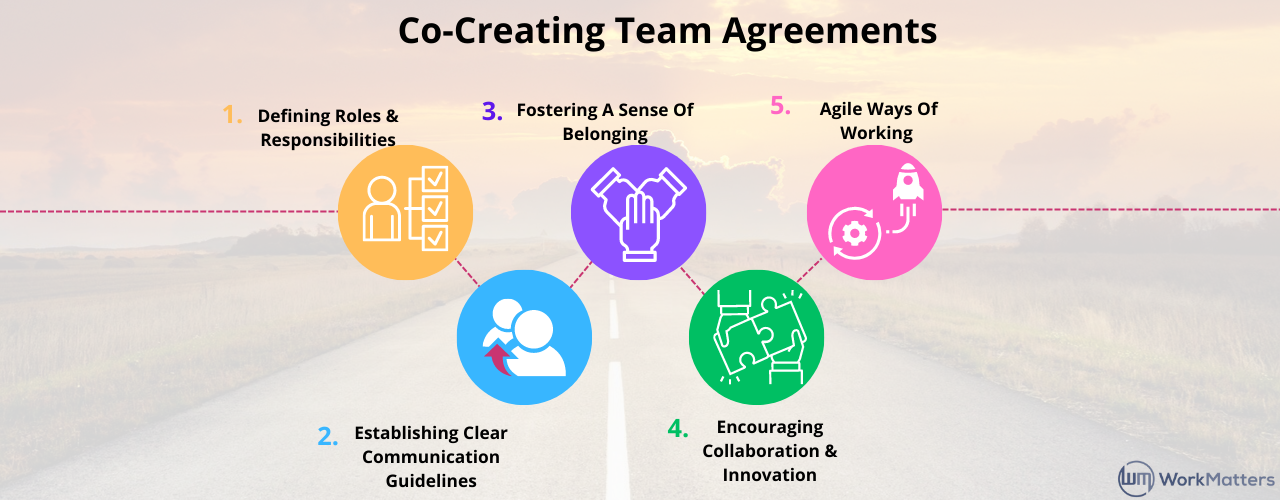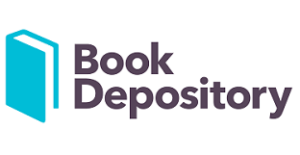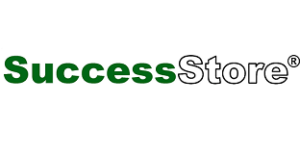Team Charters and Hybrid Work

As businesses continue to adapt to the new normal of remote and hybrid work, one of the biggest challenges they face is maintaining employee engagement. With teams spread across different locations, communication and collaboration can become difficult, which in turn can impact team performance and productivity.
As someone who’s been working with agile teams since 2008, I’ve seen managers freak out about the same thing time and time again: “How can we expect these teams to work without us micromanaging everything? It’s going to be chaos!” And now, with the move to hybrid work, managers have a whole new set of headaches to deal with, trying to keep teams cohesive amidst an often-unpopular push to bring everyone back to the office.
Over the last couple of years WorkMatters have been helping our clients engage their teams as they began their journey into hybrid. In this article we will be looking at a one solution to this – Agile team agreements or as they are more commonly called now team charters.
Team Charters are written agreements that outline the purpose, goals, and values of a team. The development of team charters is a powerful way to enable teams to discuss ways of working. Facilitated by managers, the discussion around the creation of charters triggers important dialogue and leads to greater buy-in on shared ways of working. Charters can help increase employee engagement by creating a shared sense of purpose and commitment within the team.
Here are some ways in which team charters can help increase employee engagement in a hybrid work environment:
Defining roles and responsibilities:
One of the key benefits of team charters is that they can help define each team member’s roles and responsibilities. In a hybrid work environment, it can be easy for team members to feel disconnected from each other and unsure of what is expected of them. By defining roles and responsibilities, team charters can help ensure that everyone knows what they are supposed to be doing and can contribute to the team’s success.
Establishing clear communication guidelines:
Effective communication is crucial in any team, but it can be particularly challenging in a hybrid work environment. Team charters can help establish clear communication guidelines, such as preferred communication channels, response times, and meeting schedules. This can help ensure that team members stay connected and informed, which in turn can improve their engagement and motivation.
Fostering a sense of belonging:
Another benefit of team charters is that they can help create a sense of belonging within the team. By defining the team’s purpose and values, team charters can help team members understand how their individual contributions fit into the bigger picture. This can make team members feel more connected to the team and invested in its success.
Encouraging collaboration and innovation:
Team charters can also encourage collaboration and innovation within the team. By setting goals and expectations, team charters can help team members work together towards a common goal. Additionally, by establishing a culture of open communication and respect, team charters can create an environment where team members feel comfortable sharing ideas and taking risks providing a foundation for accountability.
Agile ways of working:
Creating a team charter is not just a one-time event, but a continuous process that defines and supports the development of habits and behaviours within a team. The charter outlines how the team agrees to behave, communicate, and collaborate in a hybrid work environment, and these habits are reinforced through daily rituals and routines such as stand-up meetings, virtual meeting etiquette, and in-person social time. As the team learns and grows together, the ways of working outlined in the charter are regularly reviewed and updated, allowing for ongoing improvements to be built into the process. By embracing the process of team charter creation as an ongoing journey, teams can foster a culture of continuous improvement, collaboration, and innovation.
Finally, team charters can provide a foundation for accountability within the team. By clearly defining roles, responsibilities, and expectations, team charters can help team members hold each other accountable for their actions and contributions. This can help ensure that everyone is working towards the same goals and can help prevent conflicts and misunderstandings.
In conclusion, team charters can be a powerful tool for increasing employee engagement in a hybrid work environment. By defining roles and responsibilities, establishing clear communication guidelines, fostering a sense of belonging, encouraging collaboration and innovation, and providing a foundation for accountability, team charters can help create a cohesive and motivated team. As businesses continue to adapt to remote and hybrid work, implementing team charters may be the key to maintaining team performance and productivity.
Interested in knowing more about how you can overcome these new ways of working challenges? Take a free trial of Dynamic Team Charter Design for Productive Teams.
For more interesting insights and future events, do Follow us on LinkedIn.
Author:
James Ryan, Senior Consultant, WorkMatters








